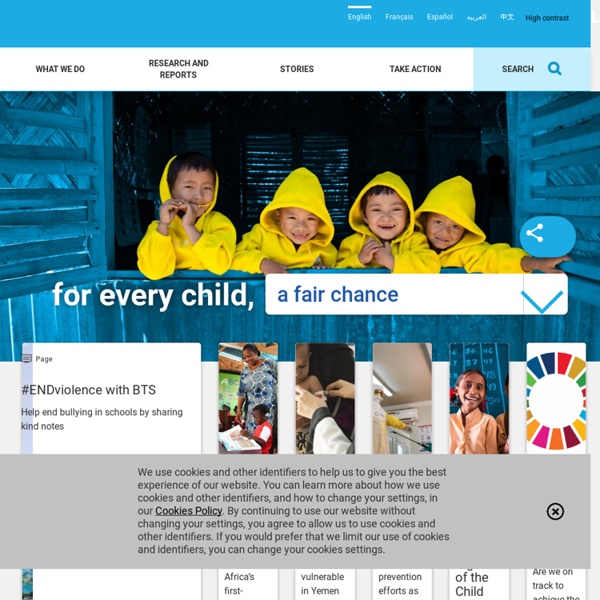



Australian Aid Australian Aid is the Australian Government agency responsible for managing Australia's overseas aid program. Australian Aid provides advice and support to the Minister for Foreign Affairs, presently the Hon. Julie Bishop MP on development policy, and planned and coordinated poverty reduction activities in partnership with developing countries. History[edit] The agency saw a variety of names and formats. It also saw repeated cuts to aid contributions during its lifetime, as the level of 0.47% of gross domestic product during the Whitlam years was slashed to 0.33% under the Hawke and Keating governments, and has at times been even lower under the Howard government. In 2005 John Howard committed Australia to double Australian aid to about $4 billion a year by 2010. On 18 December 2008, the William J. Operation[edit] Total Australian Official Development Assistance in 2005-06 was A$2,605 million, not all of it administered by AusAID. Projects[edit] Over the past 40 years: Food aid[edit]
Bahá'u'lláh StopGlobalWarming.org Childinfo Australia's aid program The Australian Government’s development policy Australian aid: promoting prosperity, reducing poverty, enhancing stability and performance framework Making Performance Count: enhancing the accountability and effectiveness of Australian aid outline key aspects of our aid program. Documents Australia's development policy and performance framework are available in PDF and Word formats. The need for change The world has changed—and our aid program is changing too. Where we work The Australian aid program now focuses more clearly on our Indo-Pacific region. What we do: re-shaping the aid program The purpose of the aid program is to promote Australia’s national interests by contributing to sustainable economic growth and poverty reduction. A strategic framework will guide the re-shaping of Australia’s aid program over coming years. Figure 1: The strategic framework for the aid program: promoting prosperity, reducing poverty, enhancing stability More details on the priority areas: How we deliver aid
Organisation for Economic Co-operation and Development Earth Hour Statistics and monitoring - Core indicators in depth UNICEF headquarters maintains a series of global databases on key indicators for monitoring the situation of children and women. This compilation of data is facilitated by the wide network of UNICEF field offices which submit updated information to Headquarters on an annual basis. These data are complemented by information obtained through the ongoing collaboration with other relevant UN organizations, as well as through other sources such as the Multiple Indicator Cluster Surveys (MICS) and the Demographic and Health Surveys (DHS). Prior to inclusion in the UNICEF global databases, the data are rigorously evaluated against a set of objective criteria to ensure an evidence base of the highest quality. UNICEF maintains the childinfo website as a source of up-to-date statistical information. The site also presents information on the Millennium Development Goals, A World Fit for Children, Countdown to 2015 and Statistical profiles: Africa/Asia.
United Nations High Commissioner for Refugees United Nations agency mandated to protect and support refugees The United Nations High Commissioner for Refugees (UNHCR) is a United Nations agency with the mandate to protect refugees, forcibly displaced communities and stateless people, and assist in their voluntary repatriation, local integration or resettlement to a third country. UNHCR‘s mandate does not apply to Palestinian refugees, who are assisted by UNWRA. History[edit] Office of the United Nations High Commissioner for Refugees Following the demise of the League of Nations and the formation of the United Nations the international community was acutely aware of the refugee crisis following the end of World War II. In the late 1940s, the IRO fell out of favor, but the UN agreed that a body was required to oversee global refugee issues. UNHCR's mandate was originally set out in its statute, annexed to resolution 428 (V) of the United Nations General Assembly of 1950. Function[edit] Palestine refugee mandate[edit] Awards[edit]
Bahai Faith Index International Campaign for Tibet | ICT promotes human rights and democratic freedoms for the people of Tibet.
by lucgodfroid Dec 13
The UN International Children's Emergency Fund (UNICEF) was established by the General Assembly (GA res. 57 (I) (1946) to provide emergency assistance to children in war-ravaged countries following World War II. By GA res. 417 (V) (1950), the UN General Assembly charged it with addressing the needs of children in developing countries. GA res. 802 (VIII) (1953) extended UNICEF'S mandate indefinitely, with an emphasis on programmes giving long-term benefits to children everywhere, particularly those in developing countries, and changed the organization's name to the United Nations Children's Fund but retained the UNICEF acronym. The Fund also continued to provide relief and rehabilitation assistance in emergencies. by jerry_jenkins Dec 12